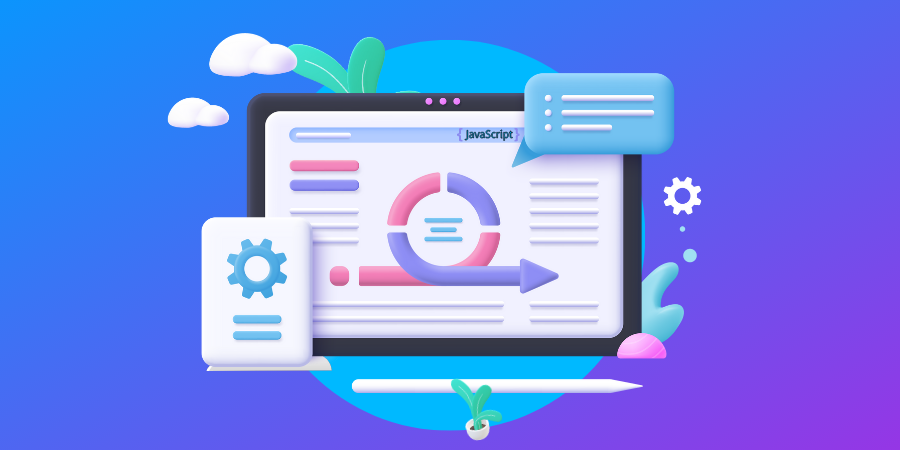Introduction
What Elements Are Foundational For Seo With Ai?, Search Engine Optimization (SEO) has always been a critical part of digital marketing, but with the rise of AI-driven tools, it’s reaching a whole new level. Artificial Intelligence (AI) brings efficiency, precision, and insights that weren’t available before. If you’re looking to stay ahead of the competition, understanding the foundational elements of SEO with AI is crucial.
What Elements Are Foundational For Seo With Ai? In this article, we will break down these foundational elements, making it easy for you to grasp even if you’re new to SEO or AI. Let’s dive in!
What Exactly Is AI-Driven SEO?
What Elements Are Foundational For Seo With Ai? Before jumping into the technical aspects, let’s look at a simple example. Imagine you own a bakery, and you want people in your city to find you when they search “best bakery near me” on Google. You bake the best cakes, but you’re competing with five other bakeries. Here’s where AI-driven SEO steps in. Instead of manually optimizing your content, keywords, and strategy, AI tools can quickly analyze search trends, user behavior, and competitor strategies, giving you a personalized blueprint to outperform the competition.
Now, let’s discuss the key elements that make AI-powered SEO a game-changer.
1. Keyword Research with AI
One of the most critical aspects of SEO is keyword research. Traditionally, marketers would rely on their instincts and tools like Google Keyword Planner. However, AI tools can process massive amounts of data quickly, finding hidden patterns in search behavior that humans might overlook.
Take tools like Surfer SEO or Semrush, for instance. They don’t just provide a list of keywords; they use AI to analyze how your target audience searches, which words are rising in popularity, and even predict future search trends. By doing so, they help you discover high-value keywords with minimal effort.
Pro Tip:
Use an AI-powered keyword research tool to identify long-tail keywords that your competitors haven’t yet targeted. For example, instead of using “cakes,” you could optimize for “best birthday cakes near me” or “custom wedding cakes.”
2. Content Creation with AI
Another foundational element is content creation. SEO isn’t just about sprinkling keywords throughout an article. Google values quality content that answers users’ questions in a clear, engaging way. AI has revolutionized content creation by generating SEO-friendly articles, blog posts, and even product descriptions with tools like Jasper AI.
I once spoke to a small business owner who was overwhelmed with the idea of creating content for their website. They were spending hours writing blog posts and still not seeing results. After introducing them to an AI content generation tool, they not only saved time but also saw a boost in their rankings.
How AI Helps:
- AI tools can suggest topic ideas based on search trends.
- They ensure your content is optimized for readability, structure, and relevance.
- Some even offer real-time optimization tips as you write.
3. On-page optimization with AI
On-page optimization refers to making sure that each page on your website is SEO-friendly. It includes meta titles, meta descriptions, headings, images, and internal links. AI tools like MarketMuse or PageOptimizer Pro evaluate your website’s content and structure, making recommendations on how to improve these elements.
Here’s an example: A friend of mine had a fantastic website full of great content, but it wasn’t ranking as high as it should have. After running the site through an AI-powered SEO audit, they realized they weren’t using the right meta tags or formatting the content properly. By fixing these issues, their site quickly moved up in the rankings.
Steps for On-Page Optimization:
- Use AI tools to scan your page for missing or poorly optimized elements.
- Add relevant internal links to other content on your website.
- Ensure that your headings are properly structured (H1, H2, H3).
- Optimize image alt texts and filenames with relevant keywords.
4. User Experience (UX) and SEO
User experience is becoming an essential part of SEO. Google’s algorithm now considers Core Web Vitals, such as page load time and interactivity, as a ranking factor. If users land on your website and immediately leave because it’s slow or hard to navigate, your rankings will suffer.
AI can help you optimize your website’s user experience by identifying bottlenecks that are hurting performance. For instance, tools like Google Lighthouse use AI algorithms to analyze site speed, interactivity, and visual stability.
Pro Tip:
Test your website’s mobile experience using AI-driven insights. Make sure your site loads quickly and is easy to navigate on smartphones, as mobile-friendliness is a major ranking factor.
5. AI and Voice Search Optimization
Voice search is quickly gaining popularity, and with the rise of smart speakers and virtual assistants like Siri and Alexa, optimizing for voice search is a must. The way people search via voice is different from how they type in queries. For example, instead of typing “best pizza in New York,” someone might ask, “Where can I get the best pizza near me?”
What Elements Are Foundational For Seo With Ai? AI-powered tools like AnswerThePublic analyze how people phrase their voice queries, allowing you to create content that directly answers these questions. Voice search optimization requires you to focus on long-tail keywords and conversational phrases.
6. Link Building with AI
Backlinks are one of the strongest signals to Google that your website is trustworthy and authoritative. However, building quality backlinks can be a time-consuming process. Here’s where AI-driven link-building tools like SEO Autopilot or Pitchbox come into play. These tools can analyze potential link-building opportunities, track outreach efforts, and help you secure high-quality backlinks more efficiently.
A digital marketer I know used to manually email hundreds of websites for backlinks. After switching to an AI tool, they streamlined the entire process, securing better-quality links with less effort.
Step-by-Step Guide to Link Building with AI:
- Identify target websites using an AI backlink analysis tool.
- Use AI-generated outreach templates for faster communication.
- Monitor your backlinks and check for any lost links using AI-based tools like Ahrefs.
7. Continuous Learning with AI
SEO is not a one-time task. Google constantly updates its algorithm, and what worked six months ago may not work today. AI can help you stay updated by analyzing real-time data, competitor movements, and market trends. AI-driven SEO tools keep learning from the data they process and provide new recommendations.
For instance, tools like SEMRush or Moz continuously monitor algorithm updates, ensuring you’re always in the loop. The more you use these tools, the better they become at offering personalized insights for your specific niche.
Conclusion
What Elements Are Foundational For Seo With Ai? In the fast-paced world of SEO, relying on manual methods is no longer enough. AI-driven SEO tools offer unparalleled insights and automation, helping businesses of all sizes compete more effectively. From keyword research to link building and user experience optimization, AI is transforming the way we approach SEO.
From smart keyword analysis to automated content recommendations, AI tools help digital marketers make faster, smarter decisions. But to get the most out of them, it pays to work with teams like Web Dev Expert who know how to connect technology with strategy.
If you’re serious about future-proofing your SEO strategy, now is the time to make that move. Invest in advanced technology, refine your approach, and partner with professionals who truly understand both the technical and strategic sides of SEO.








